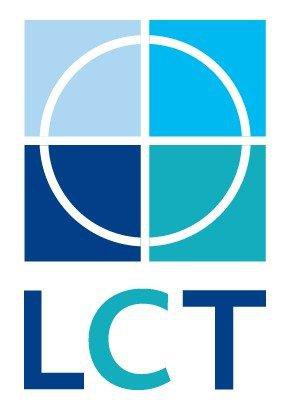Managers and executives from the public sector, particularly those using or planning to use IPSAS and want to know acquire the tools needed to understand and apply the standards need to take this course.

Who should attend?
Managers and executives from the public sector, particularly those using or planning to use IPSAS and want to know acquire the tools needed to understand and apply the standards:
Those who are new appointed into a senior financial role and want to find their way around the key standards
Those who work in the public sector who are looking for best practice application of IPSAS
Those who work in parts of the public sector who are or will be using IPSAS
Accountants and finance staff at all levels involved in the preparation of financial statements for the public sector
Financial analysts, auditors, accountants
Audit team members who need to update their knowledge
Outcomes
Describe the role, benefits and purpose of IPSAS
Engage with all key stakeholders
Ensure compliance with financial reporting obligations
Identify the key steps in implementing the standards and develop a plan for migration
Leverage the benefits to the organisation of IPSAS
Private and Public Standards - how they have Evolved
The background and evolution of financial standards around the world
International Financial Standards for Private and Public Sectors compared
Underlying financial and accounting principle
Benefits to the organisations and investors
Application of standards world-wide
IPSAS and IFRS Convergence
IPSAS and IFRS – Board structures of Governing Bodies and Due Process
IPSAS and IFRS – similarities and differences summarised
Budgeting in the Private and Public Sectors compared
Disclosure and transparency aspects
Accounting issues covered by IFRS with no equivalent IPSAS?
IPSAS and IFRS Effective Implementation and Benefits
Planning for transition and implementation – identification of key issues
Choosing your approach – “Big Bang” or phased
Scoping the project
Project team structure and roles
Milestone planning
Managing issues and communication
Critical success factors
Preparation of IFRS / IAS Compliant Financial Statements
Disclosure requirements and issues
Statement of Profit or Loss – example and comments
Statement of Financial Positions– example and comments
Statement of Cash flows– example and comments
Notes to the accounts
Comparison with US GAAP
Working towards First Time Adoption of IFRS (IFRS 1)
Critical Success Factors (CSF) in implementing IFRS
Overview of the most important features of IFRS 1
Engaging key stakeholders
The opening IFRS statement of financial position
Effective project management
LCT has more than 25 years experience of working in partnership with international clients to deliver training and consultancy solutions leading to positive professional development outcomes.
Our Values
Our core values of Quality, Respect, Innovation, Success and Collaboration underpin everything that we do.
Quality: We are committed to delivering high-quality programmes to our delegates and clients. This includes ensuring that our instructors are knowledgeable and experienced, and that their resources are up-to-date, relevant and effective.
Respect: Mutual respect forms the basis of our business. We hold in high esteem our clients and our delegates and we earn their respect in the way we behave. We value all our stakeholders and treat them with consideration.
Innovation: We are a progressive company and are always looking for ways to improve and update our programmes. For example, we are always incorporating new technologies, developing new teaching methods, and adapting to the changing requirements of our clients.
Success: Our ultimate purpose is to help our delegates achieve their professional goals. We are committed to providing the support, resources, and opportunities necessary for our delegates to succeed.
Collaboration: We understand that learning is a collaborative process. Our global outlook aims to foster long-term partnerships with our clients and business leaders to provide our delegates with a well-rounded education and valuable networking opportunities.
© 2025 coursetakers.com All Rights Reserved. Terms and Conditions of use | Privacy Policy